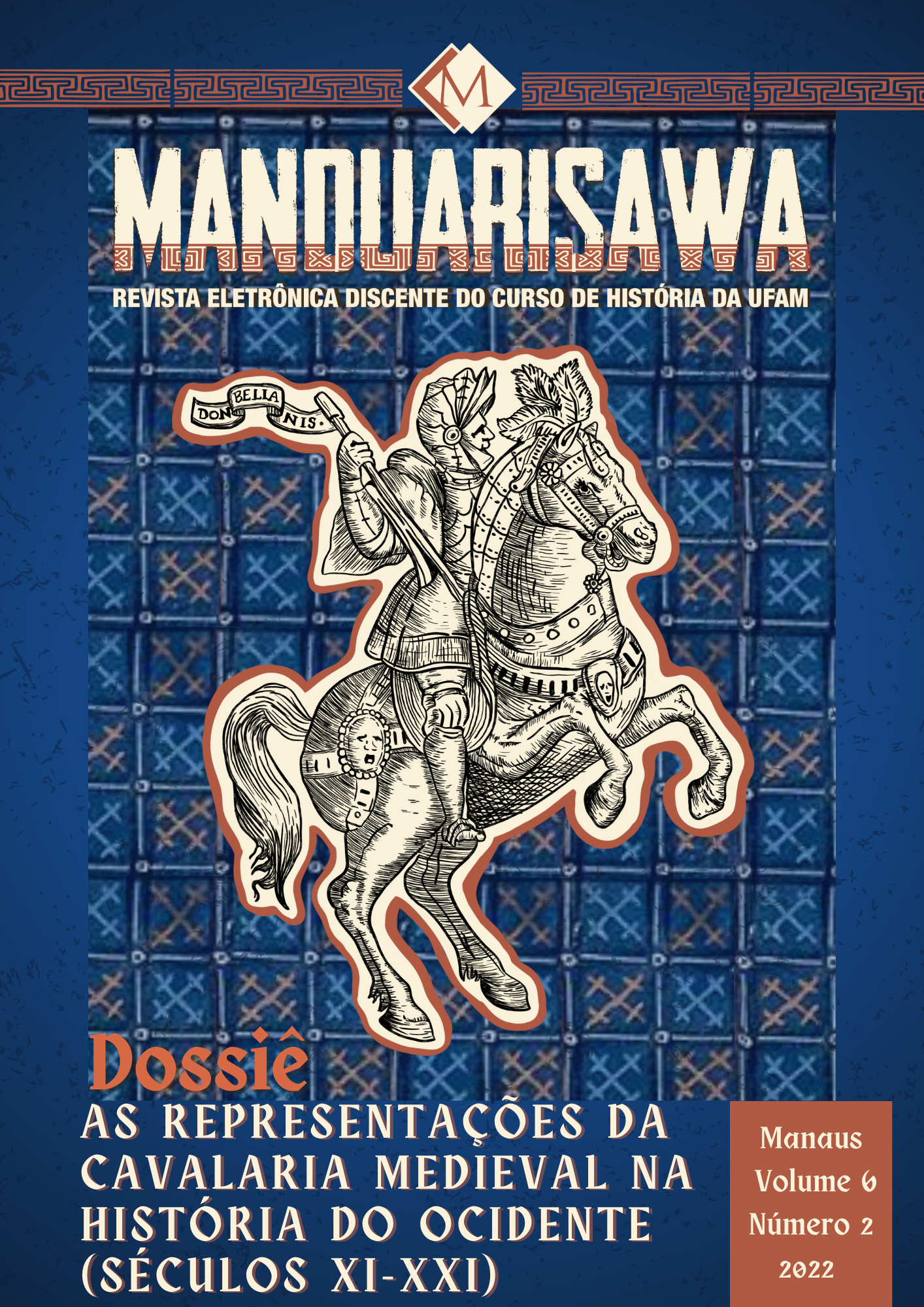AUTHOR AND AUTHORSHIP PARADIGMS IN BÉROUL AND GOTTFRIED VON STRASSBURG
THE TRISTANIAN ROMANCES IN THE XII-XIII CENTURIES
Abstract
There were several questions in relation to the authorship/author propositions that marked the debates in the field of Social Sciences over the last century and, currently, are in a kind of theoretical “limbo” that locked them up to a secondary space of investigation in historical studies. Despite the effects caused by the so-called “paradigm crisis” in the Humanities during the second half of the last century, the theoretical and methodological concerns that guide historiographical work impose diverse forms of investigation on History professionals. Above all, in relation to the debate about literary texts and the search for a social, political, cultural perception or understanding of a specific time. This article aims, then, to reflect on the paradigms of author/authorship found in medieval literature, in particular, those offered in some of the Tristan’s romans produced between the 12th and 13th centuries, whose indicated authors are Béroul and Gottfried von Strassburg. Authors who, in addition to pointing to themselves and their intellectual and memorialist work, set out to tell their respective versions of the legend, fruits of the noble environment in primacy in the medieval West and the ideals of behaviour and etiquette linked to this social group in specific.






